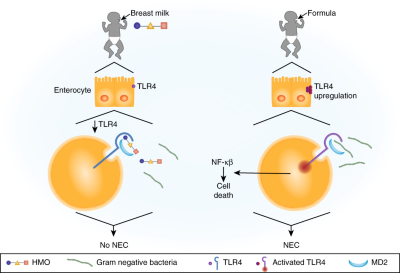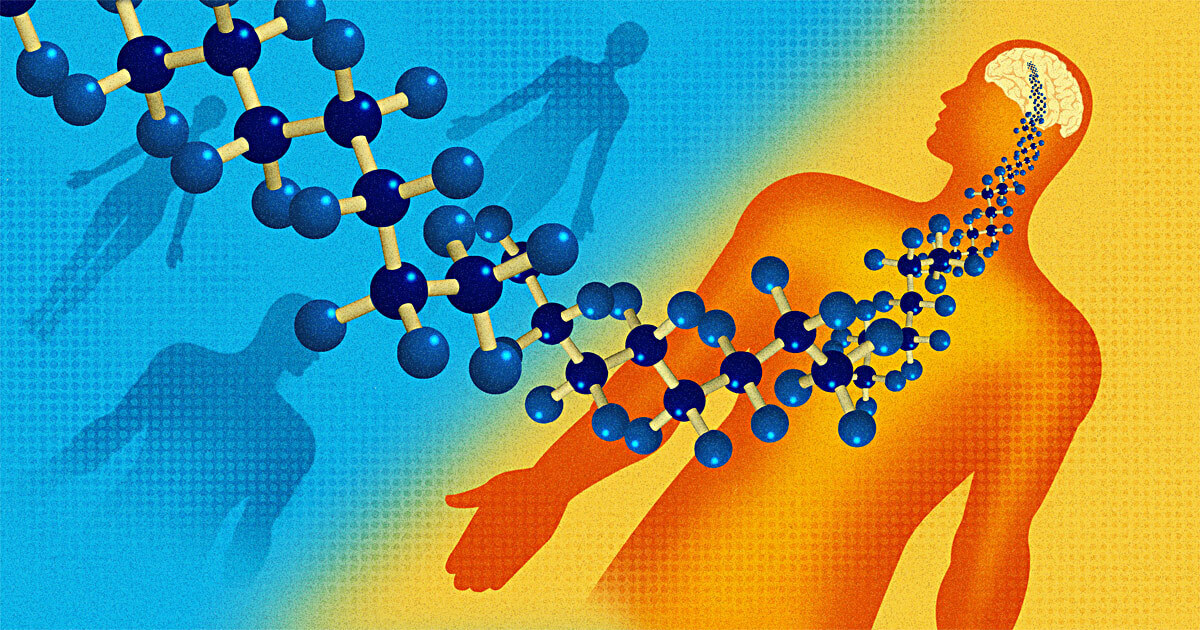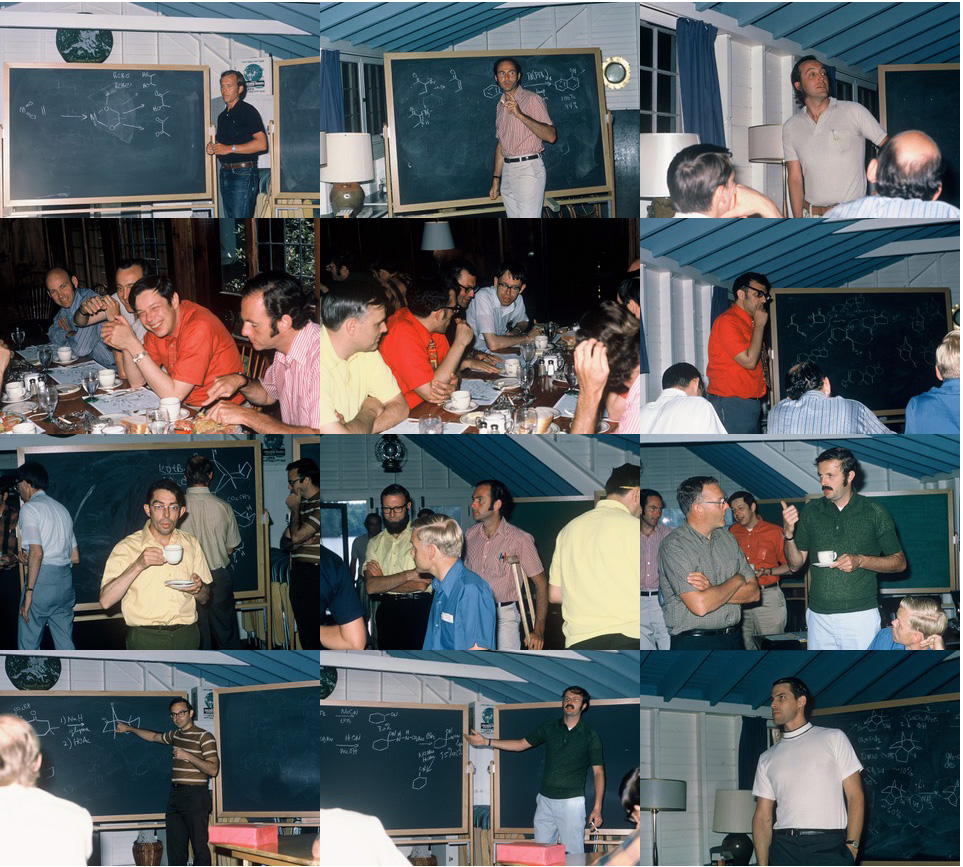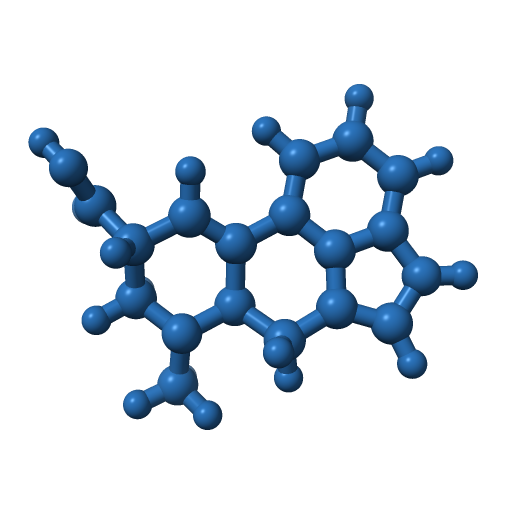News

Collaborative Research with JHU
Human milk oligosaccharides in breast milk block the binding of Gram-negative bacteria to the complex of TLR4 and MD2, thus blocking the activation of TLR4 and preventing NEC. Formula does not contain these oligosaccharides. Thus, bacteria can (1) activate NF-κB that leads to cell death, and (2) increase the expression of TLR4 in the cell membrane. For more information, see Insight Image.
More
Collaborative Research with Purdue
Forever chemicals are considered a public health issue as adverse health effects have been shown to affect hormones and other aspects of the endocrine system, and some are potentially neurotoxic. But to what extent is unknown, especially for the years and decades they may accumulate in the brain. For more information, see PU Research Highlight.
More
The Organic Synthesis Workshop is back
For more than 40 years, the NSF Workshop on Organic Synthesis and Natural Product Chemistry has had a tremendous impact on the formative years of Young Investigors in our field. Unfortunately, it was discontinued in 2012 – but now it is back, sponsored by Organic Syntheses! For a list of attendees of the 2019 workshop, see Participants.
More
Concise Total Syntheses of Lysergene, Lysergine, Isolysergine, and Festuclavine
A streamlined synthesis of the tetracyclic ergot alkaloid scaffold enabled the preparation of several clavine alkaloids, including lysergol, isolysergol, lysergine, isolysergine, lysergene, and festuclavine. The mesylation and subsquent elimination or reduction of lysergol and isolysergol building blocks complements and expands previous total syntheses of these natural products. In the course of the preparation of isolysergine, an interesting new cascade process was discovered that led to the formation of a cyclopropanated ergolin-2(3H)- one as a spontaneous oxidation product of an intermediate 1,3-dihydrobenzo[cd]indole the 10th anniversary of its founding. For more information, see the Zard Commemorative Issue.
More